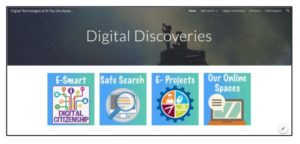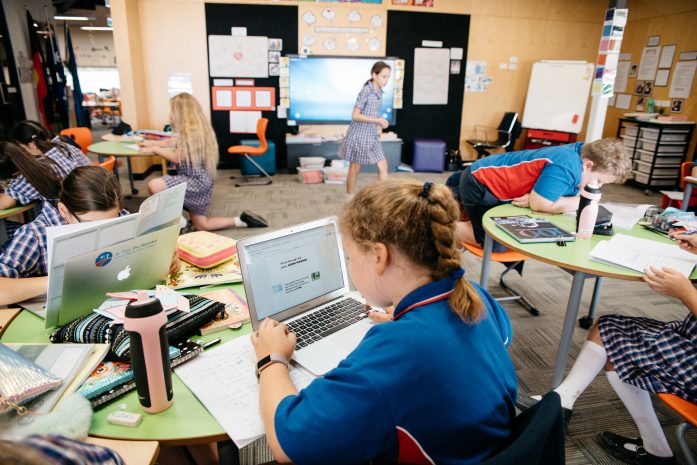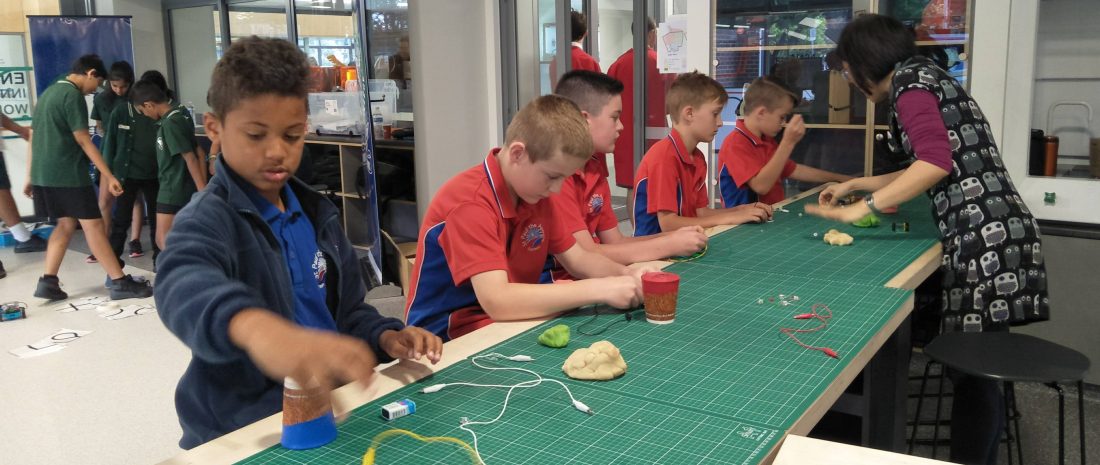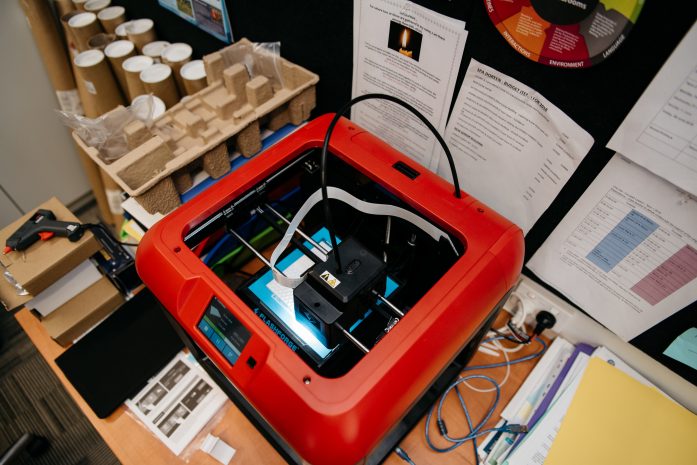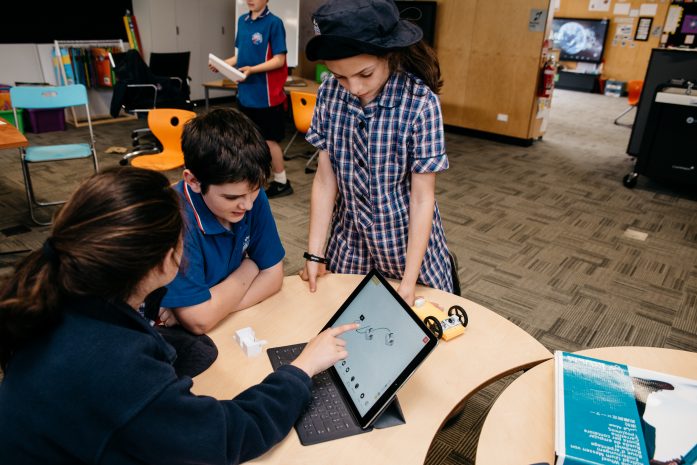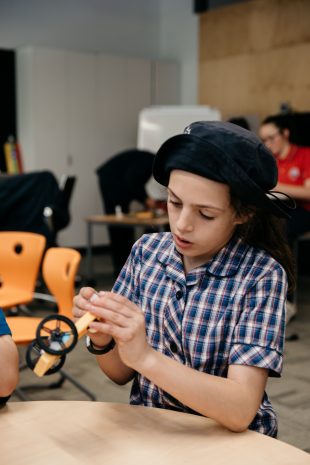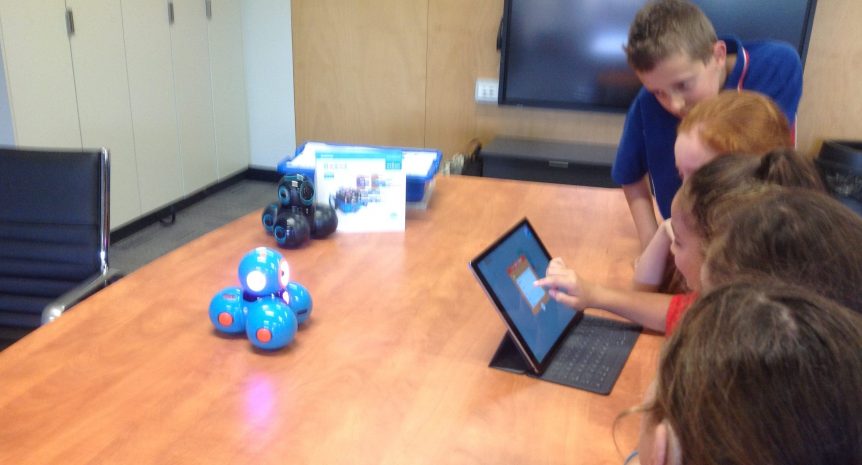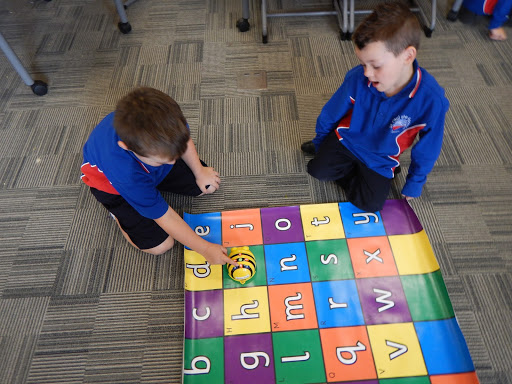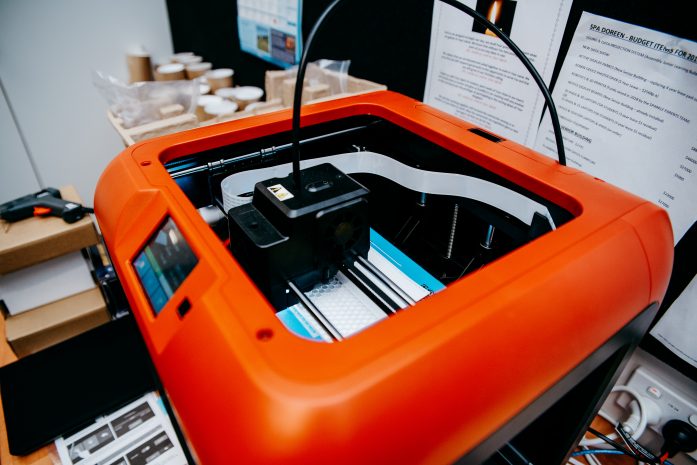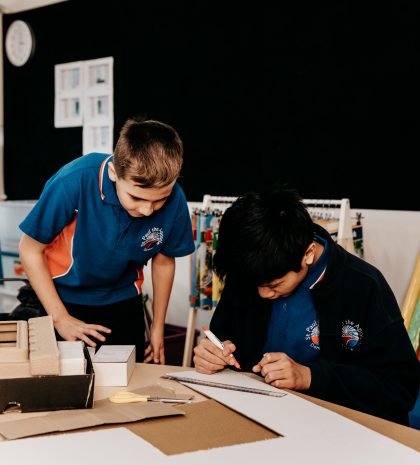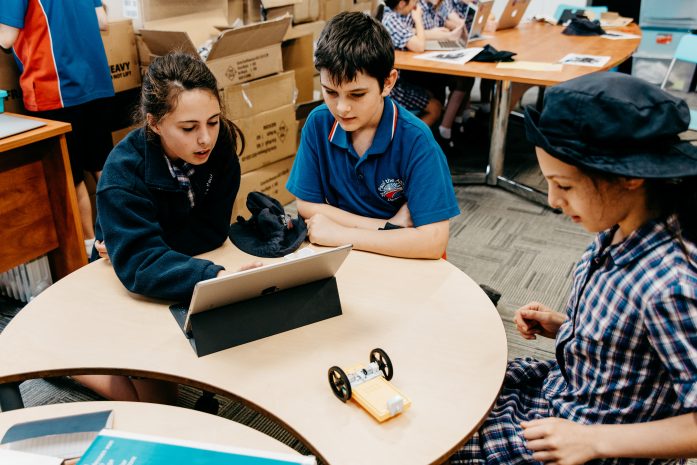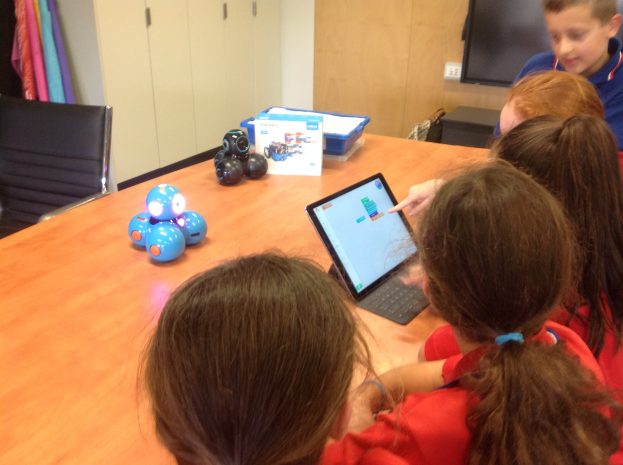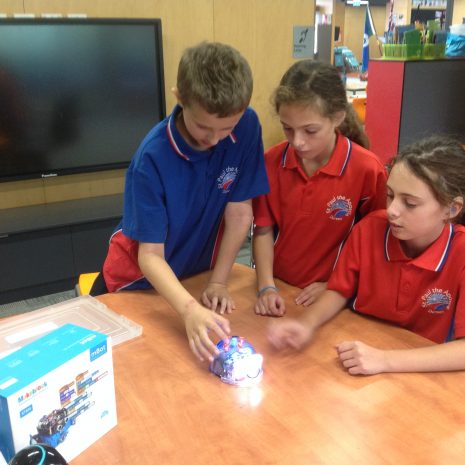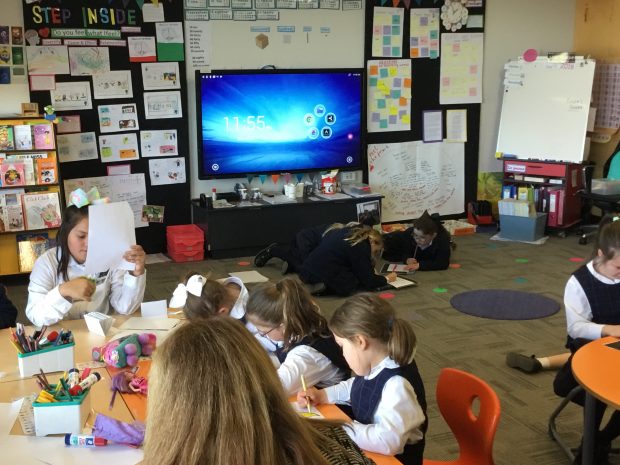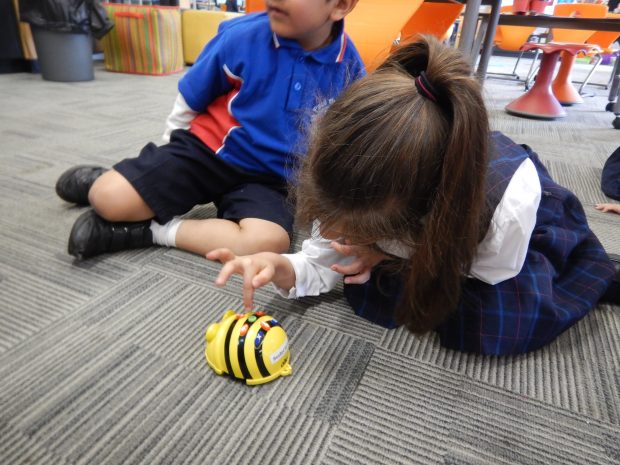We are challenged to make a difference in the world inspired by the Gospel
Digital Technologies pose not just risks bu tremendous opportunities
The globalised environment requires new literacies and cultural awareness
Horizons of Hope, CECV 2017
Digital Citizenship
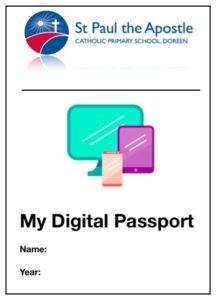
One of the biggest challenges we face in education is the integration of Digital Technology to every day learning and teaching. The use of tec
past however our greatest challenge is how we support our learners to use technology. Digital citizenship is a key feature of our approach to Cybersafety and an important part of our Student Wellbeing program.
hnology and in particular digital devices can greatly enhance our learning and teaching and enable students to learn in ways that were not possible in the
At St Paul the Apostle School we use a Digital Passport that all our students and parents sign. The Digital Passport is a way of reminding our students that safe and responsible use of technology is essentialboth at home and at school. It is a booklet that not only highlights an agreement but also emphasises the fact that the safe and responsible use of technology is something that we will revisit on an ongoing basis.
The Digital Passport draws upon the resources of the Australian Government’s eSafety Commissioner. The eSafety Commissioner is responsible for promoting online safety for all Australians. The eSafety website is a vital resource for both our teachers and parents, providing us with up to date resources on all issues that inform and help us implement effective action. Please visit the eSafety Commissioner website
To support our students in their learning and to ensure safe online practices, our children are now using a student online desktop that is customised to their age group and needs. This includes a safe search section that will allow the students to expand their thinking when searching for information online. Please visit our Student Online desktop using this link.
